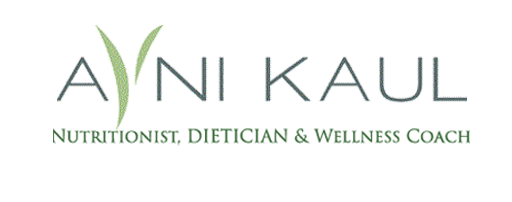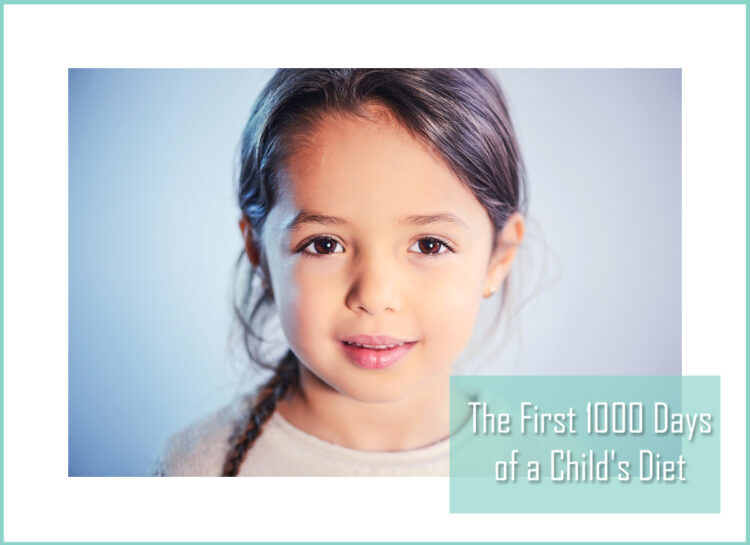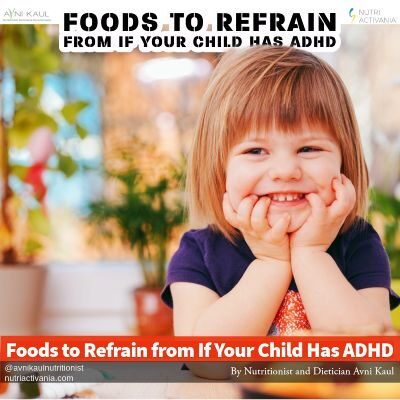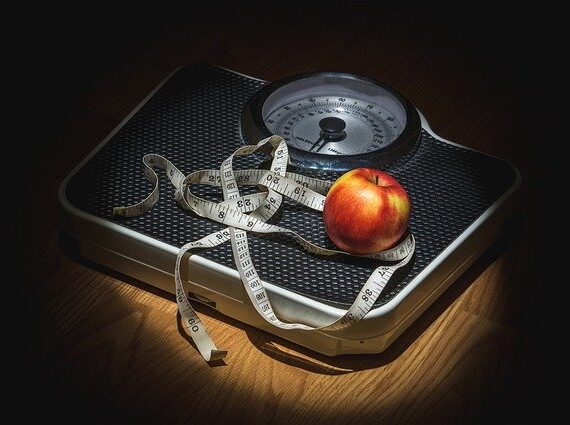Achieving perfect health, baby commonly becomes the primary goal of every new parent’s life and this is not an exaggerated statement. After all, the nutritional intake in the first 1000 days of every human’s life establishes the base of their immune system, intelligence level, muscles & bone strength and disease-free life (lesser frequency) – essential for a successful life.
Yes, it’s true mental & physical well-being is a lifelong endeavour but the first 1000 days of a person‘s life is of utmost importance, i.e. the time from life’s conception until two years ago. This is the most critical period for the child’s brain, body, metabolism and immune system. Malnutrition during this time is linked to a host of health issues, ranging from obesity to stunted growth.
For this, parents must take care of the daily diet of pregnant and lactating mothers and of their toddlers. After all, the seeds of healthy physical and mental well-being have to be sowed in early childhood.
Remember a baby’s brain already contains 10 billion cells during the 24th week of pregnancy – and these cells thrive on nutrition from the mother. This is the reason a mother should be advised to take proper nutrition in her diet for the proper development of the brain of her baby otherwise, it may lead to a delay in the development of the baby’s body parts or some birth defects may occur.
The brain of the baby continues to develop after it is born, mainly during the first few years of life. During the first year, the brain makes 700 neural connections per second and it reaches 80 % of an adult brain size when a baby becomes two years old. So, during the early stage of a baby’s life nutrition plays an important role.
On the other hand, in early childhood or in utero if proper nutrition is not given then it may be the case of chronic malnutrition which may also cause stunting, or a failure to thrive. If not taken properly then the irreversible condition may occur which negatively impacts brain function, IQ and also the immune system of the baby. Stunting is also associated with a greater risk of diabetes, cancer, or other diseases
If the child takes inadequate nutrition in the form of junk food in the first 1,000 days of life, they’re more prone to have future weight issues or heart health problems. Putting on excessive weight too soon “could predispose the child to a lifelong struggle with obesity – plus diseases that are associated with obesity like diabetes or heart disease in the future.
In this article, Delhi’s best Dietician for children, Avni Kaul shares essential nutrients and food that every parent must provide to their children in the first 1000 days of their life.
For the development of a baby, parents are the first who determine their kid’s nutritional health. For good health, babies required enough calories, proteins, and nutrients both in utero and early childhood.
Iron: A child is born with a certain level of iron in their body but it naturally starts to deplete between 4-6 months. So, it is necessary to feed the baby foods which are high in iron.
In case the baby doesn’t get enough iron then deficiency occurs and due to this irritability, impaired social behaviour, learning disabilities, and depression occurs in the later stages of life or result in other side effects. When you have resolved the issues of iron during the first 1000 days, cognitive effects can last into adulthood. So, it is important to focus on iron intake from pregnancy until the age of two.
During the first 280 days, i.e. when the child is inside the mother’s womb and for the next 180 days when the child is on mother’s milk – daily adequate iron intake has to be maintained by the mother. In the next 180 days when the child shifts to solid food gradually, parents can start giving their baby boiled and mashed apples, spinach (palak saag) with rice, and boiled raw banana (kaccha kela) with rice to maintain the daily dose of iron.
Protein
One can say the most important nutrient during the first 1000 years of human life is protein.
According to World Health Organization (WHO) standards when there is protein deficiency in the first 1000 days (often observed in developing countries) there is inadequate mental and physical growth and development. During this period the infant doubles its birth weight during the first 3-4 months of life, therefore, protein requirements during early infancy, per unit of body weight, are much higher than that of older infants, children, and adults. As an example, a young infant’s needs per unit of body weight are more than 2x higher than that of a weight lifter who takes protein supplements for muscle build-up.
During the phase when the child is inside the mother’s womb and during the lactation, mothers have to ensure that she is taking boiled eggs, chicken, fish, paneer, milk and other dairy products regularly.
When the child shifts from mother’s milk to solid food, parents need to increase the child’s protein intake by giving them milk every day, along with that boiled eggs, mashed paneer, soya bean, well-boiled and mashed chicken.
Calcium: Calcium is good for the bones, healthy teeth. The nutrient also promotes healthy teeth, nerves, muscles, and blood clotting function. In fact, calcium deficiency is one of the leading causes of maternal and child morbidity and mortality. A review published in the journal Food and Nutrition Bulletin has shared that adequate calcium is important to meet the increased physiological requirements of pregnant and lactating women and support growth in infants. The World Health Organization has recommended an additional intake of 1.5–2.0 g of elemental calcium/day from 20 weeks of gestation until delivery to reduce the risk of preeclampsia, particularly in women from regions of low calcium intake.
Some of the best sources of calcium for kids are dairy products like a cow or buffalo milk, paneer, soya milk, almond milk, spinach, sweet potato, chicken, eggs, jaggery (gur)

Iodine: Iodine is vital for brain development and for the normal metabolism of cells. The human body needs iodine for normal thyroid function, and for the production of thyroid hormones and lack of iodine, particularly in kids could impair their brain function.
Folate: Necessary for the brain and spinal cord, folate is a key nutrient during pregnancy and after birth. Sources of folate are eggs, spinach, beets, lemons, and grapes. Also, you need to take prenatal vitamins with them.
Long-Chain Polyunsaturated Fatty Acids (like DHA):
DHA, short for docosahexaenoic acid, is one of two key long-chain omega-3 fatty acids. DHA is a major structural fat in the brain and retina.
In the early 1000 days, children need DHA primarily for healthy development brains’ intellectual, motor cortex (essential for good planning & strategy), emotional, and communication skills
Sources of DHA are cooked soya beans, water-soaked walnuts, boiled eggs and spinach. ,
Vitamin A: Required for the development of vision, cells and major organs. Carrots and spinach are excellent sources of Vitamin A.
Other Nutrients: Vitamin B12, vitamin B6, vitamin D, vitamin K, selenium, copper, zinc, choline, and protein is also required for a healthy baby.
Varied Tastes and Textures: Parents need to set the baseline and taste preferences of the kids as kids don’t know the taste of the food from the womb. By the age of three, kids cement their palette, so, it is necessary for them to have a variety of healthy foods & drinks during the first 1,000 days so that kids are able to set healthy foods & drinks.
Foods Not To Eat: Added sugar is better not to eat during pregnancy & infancy. Don’t take processed meat, excess sodium, and junk food. Read the labels of the foods carefully with the expiry date on the packed food.




